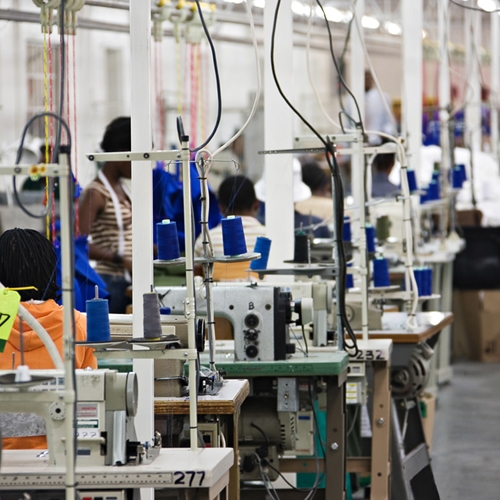
Major retailers like Walmart and Gap are pushing to improve the safety standards and working conditions at Bangladesh factories where many products for these U.S. companies are made.
The Alliance for Bangladesh Worker Safety recently met in Chicago to implement a plan to finalize fire and building safety regulations, which they said would be put in place by Sept. 10, The Wall Street Journal reported. Members of this group also include Macy's, Target and Costco. The goal is to prevent disasters such as the large factory fire that occurred in Bangladesh this spring.
The Rana Plaza factory in Dhaka collapsed from a fire in April, killing more than 1,000 textile workers. A day before the incident, an engineer had declared the eight-story building unsafe, The Guardian reported. A month later, another clothing factory in Dhaka caught fire, which claimed eight lives.
General Secretary of IndustriALL Global Union Jyrki Raina estimates around 2,500 people were injured in the Rana Plaza fire and collapse, DW reported. The union, which has 50 million members in 140 countries, is currently seeking compensation for the workers affected by the incident. The union also thinks U.S. retailers should provide about 45 percent of the compensation cost, estimated at $72 million, and owners of the factories in Bangladesh would cover the rest, the source said.
Retailers' response
The U.S. retail group has committed $100 million in low-cost loans for the cost of safety renovations to Bangladesh garment factories, The WSJ reported. The group also said it would train factory workers and inspect the facilities to ensure they are meeting safety standards, which could include having proper fire equipment installed such as flame detector and fire alarm system equipment.
However, some are criticizing the efforts, saying retailers in the U.S. and Europe had already committed to repairing and renovating about 5,000 garment factories in Bangladesh. Retailers cannot continue to choose and pay the auditors doing the inspections at these factories, critics continue.
"They are essentially asking the companies and factory owners to regulate themselves," said Scott Nova, executive director at the Worker Rights Consortium, according to The WSJ. "They want people to see this as an alternative plan, but it's no different than what companies have been doing without success for decades."
Industrial Safety News brought to you by Safety Systems Technology, Inc., leaders in fire and gas detection.